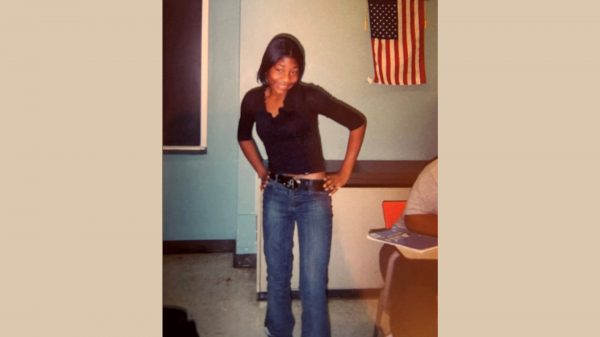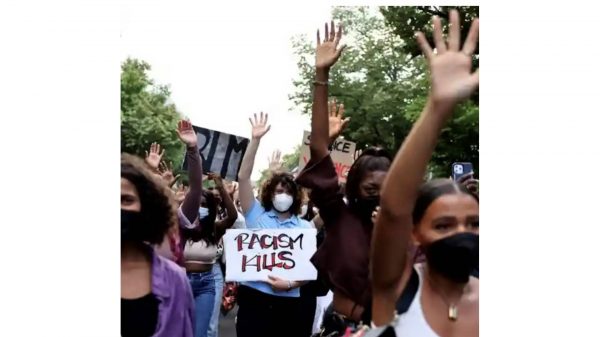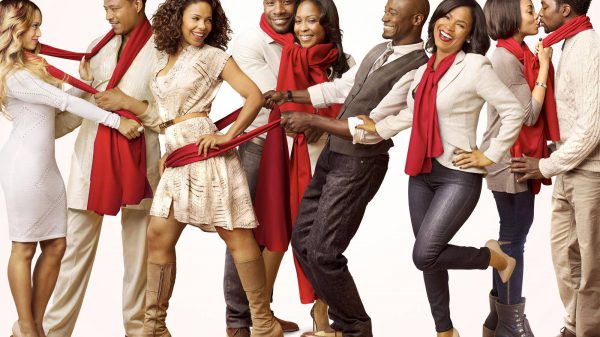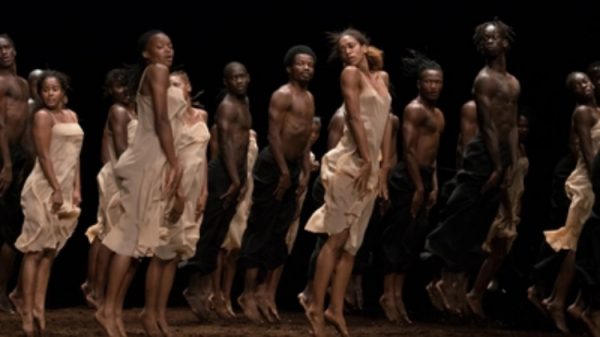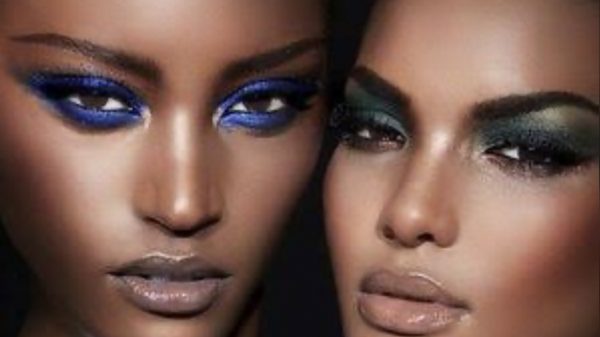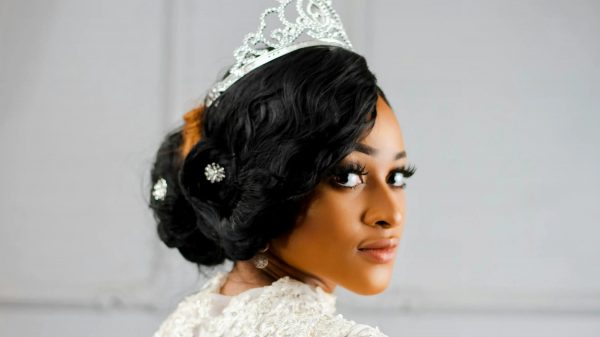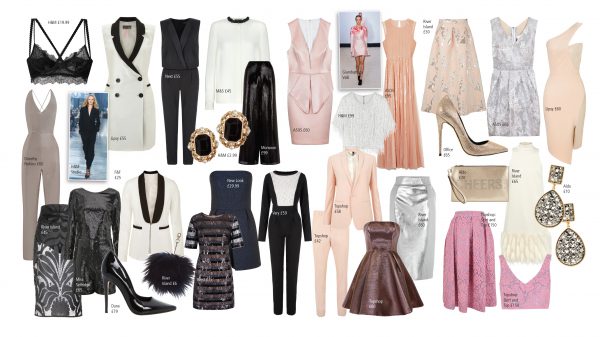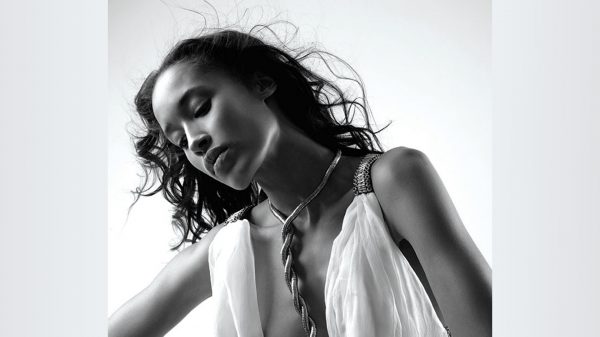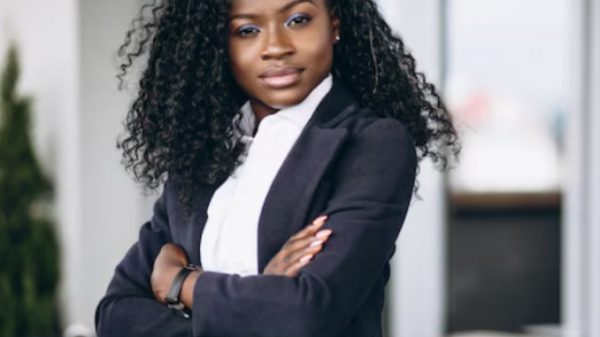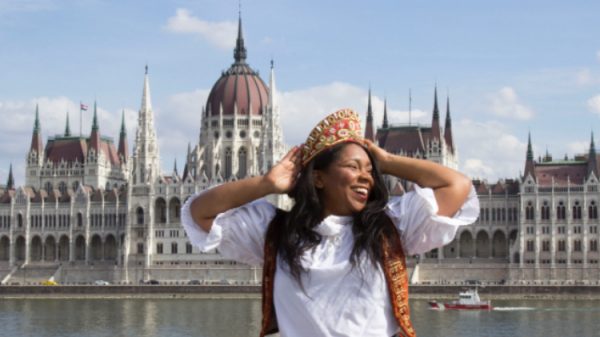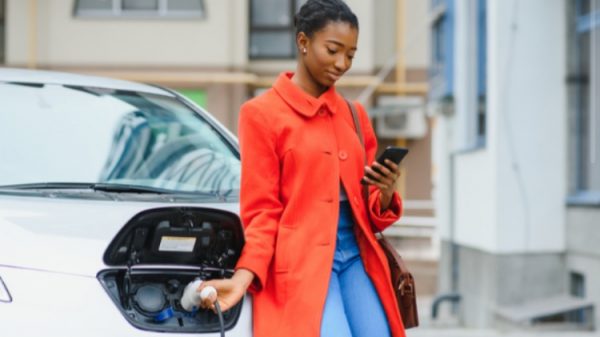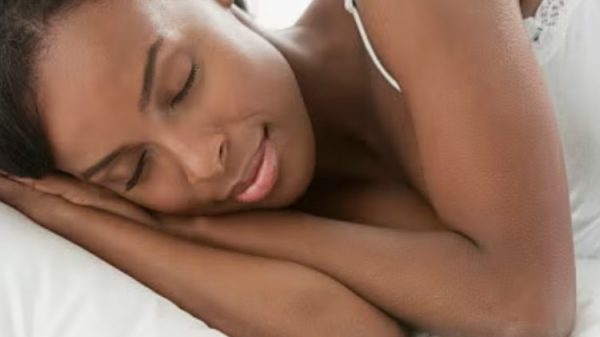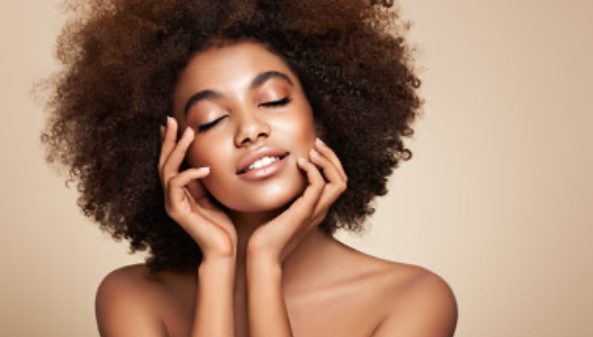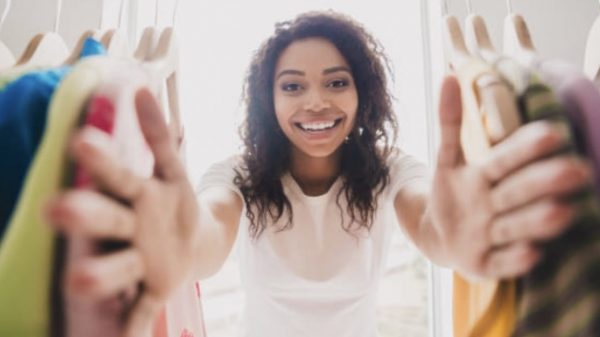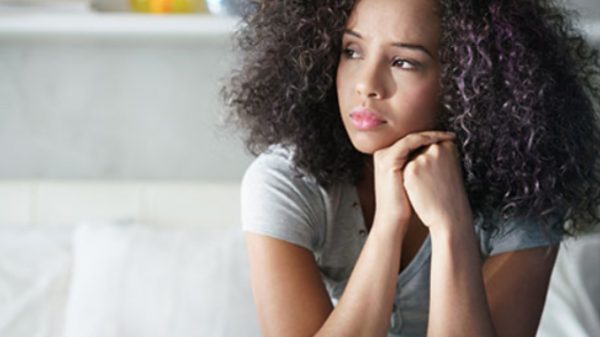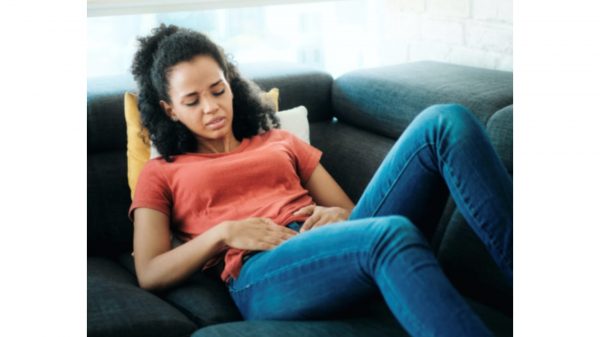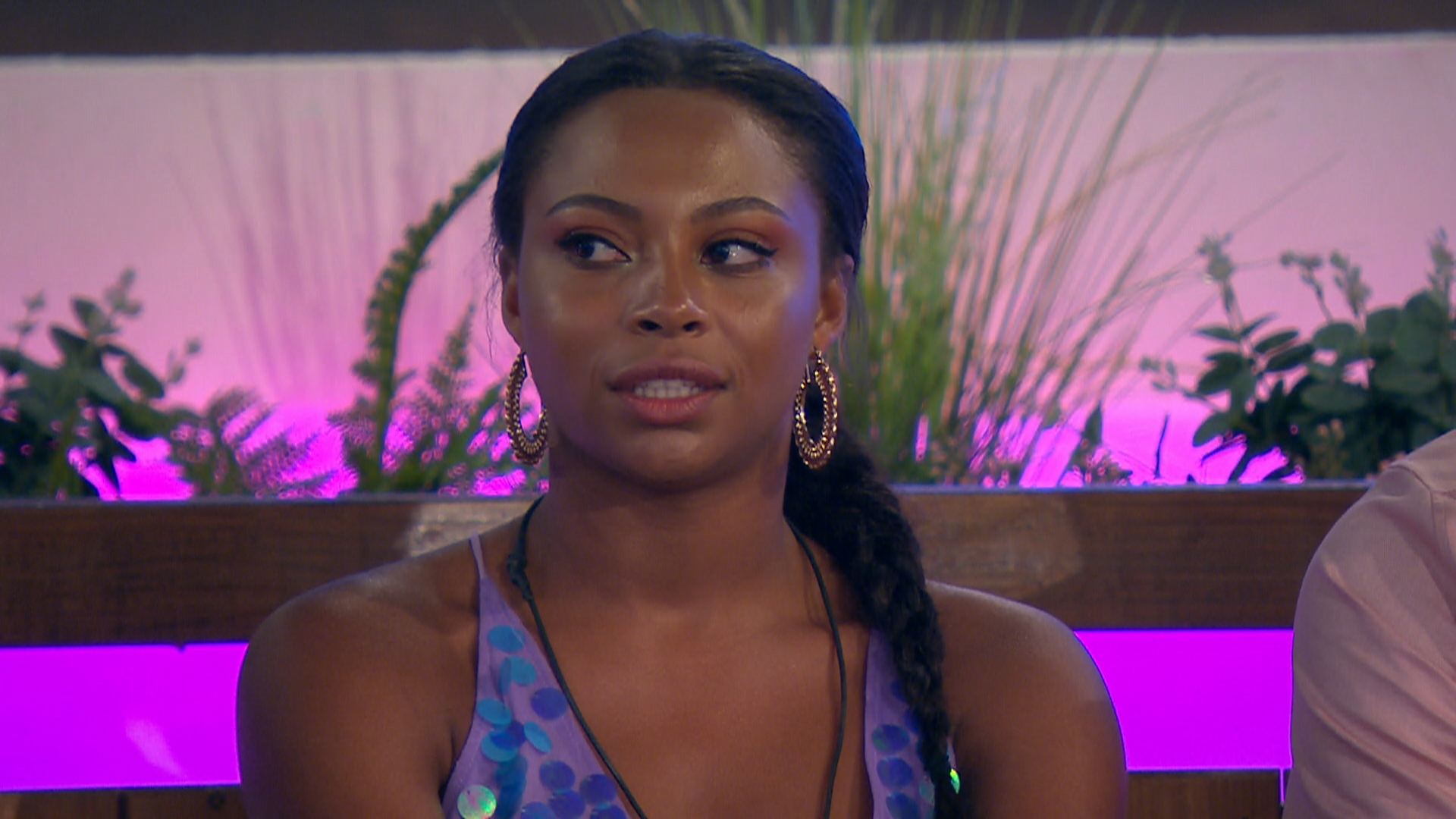This year, Love Island welcomed its first black female contestant, Samira Mighty, to the show – but for the longest time, it looked as if love was the last thing she’d find during her trip to the villa. Nicole Vassell explains why it’s unsurprising, but still hurtful to watch
I love a good dating show. Give me First Dates, Married At First Sight or Dinner Date anytime – heck, I’ve even given a chance to ill-fated karaoke love-hunting show, Sing Date, in the past! Though these types of shows only occasionally end in two singletons actually finding everlasting love, there’s something so compelling about the idea of everyday folk taking a risk, putting themselves ‘out there’ in front of the nation.
However, things get a little more complicated as soon as I see a fellow black woman participating on these shows – suddenly, the risk feels that much more close to home, and I have a vested interest in their success. Though I hold out hope every time, there’s a high chance that each time I’ll be disappointed, as for all intents and purposes, the black women get left on the shelf.
The most pressing example of this of course comes with one of the contestants in the 2018 series of ITV2 ratings hit, Love Island, Samira Mighty. A musical theatre performer prior to the show, she entered the house full of hope, in search of romance (and a bit of celebrity, no doubt). However, her first three weeks on the island have been markedly different to the experiences of her castmates – as while the rest of the hopefuls have been forming relationships, she’s found herself sitting on the sidelines and watching, as no opportunities for love have come her way.
Like so many black women who’ve taken on a televised search for love, Samira has been left to the side as bachelors who are black, white and otherwise have completely overlooked her, leaving her in the role of ‘supportive friend’. In the game of love and lust, Samira has effectively been left in the shower room – and while the public have been fully behind tentative doctor Alex George finding his match, the outcry has been relatively silent when it comes to Samira doing the same, save for a growing number of (mostly black) viewers on social media.
Neither her fellow contestants, or the wider viewing public, have seen Samira as a viable object of affection; instead, she’s been, at best, a part of the furniture – or an example of the channel merely satisfying their ethnic diversity quota, at worst.
It has been said that the opposite of love isn’t hate, it’s indifference – and that’s completely what I’ve seen of Samira’s Island experience so far. In discussion of their desired ‘types’, the male contestants often narrow it down to being ‘blondes’ or ‘brunette’ – meaning that Samira, and any other women who exist outside of those categories, don’t even stand a chance.
She follows many others who have come before her; the eager women who leave their lights on for men in Take Me Out, only to have their desires extinguished without a second thought – and it’s more than exhausting to see. Granted, she doesn’t make things easier for herself – on multiple occasions, she’s stated that her own exclusive preference is for ‘blondes with blue eyes’ (a fact which, in itself, could warrant its own essay). However, when this exact type came into the house, in now-eliminated contestant Charlie Frederick, she quickly faded into the background once again – barely a speck on his options radar. If producers were serious about giving Samira a chance, wouldn’t they give her more than one shot – and wouldn’t they have thrown in someone whose own type extended further than ‘blondes’ or ‘brunettes’?
It’s possible that Samira will get ‘chosen’ at Friday night’s recoupling, and soon, her perfect man could swagger in, win her heart, and set them on course to scooping the £50,000 cash prize (and, erm, love). But whether she’ll soon be back to swiping Tinder at home, or loved up under the Majorcan sun, the point still stands: black girls are so rarely afforded the love we deserve on TV, and it’s tough to see versions of us constantly being left on the shelf.
Yes, it’s ‘just entertainment’ – and rejection is a part of life; no-one is obligated to show another person interest or affection. But in seeing another black woman, attractive, kind and smart, get completely ignored, it threatens to further a distressing narrative of black women coming last place in the dating stakes– and I’m sick of seeing it.




